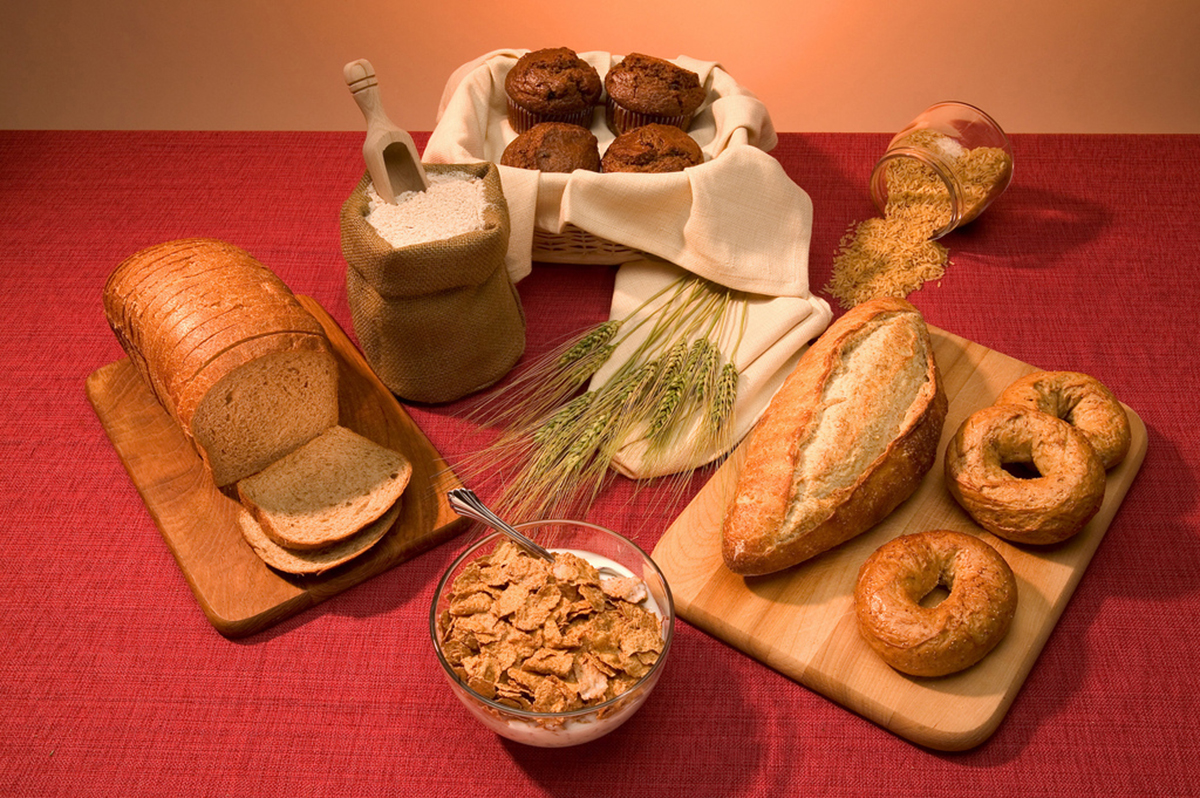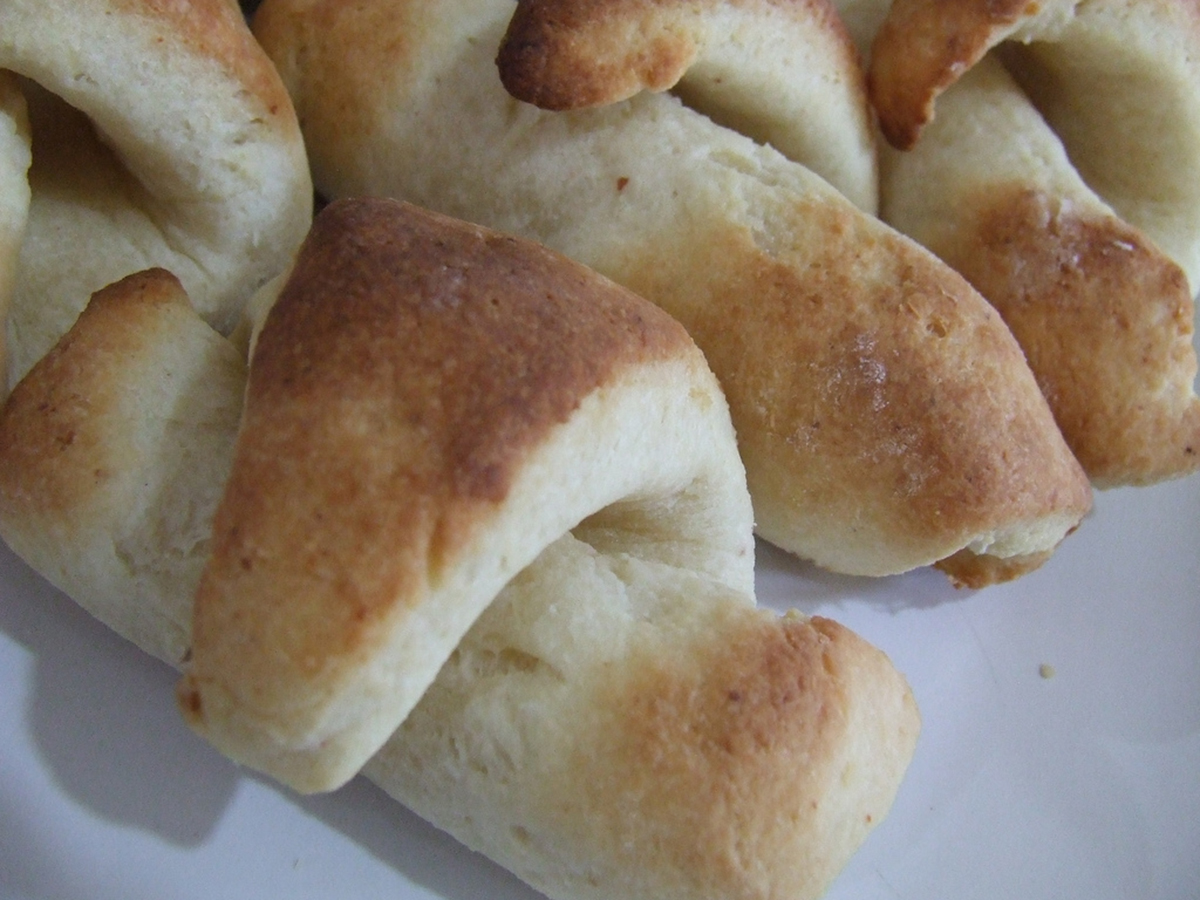Is there such a thing as non-celiac gluten sensitivity, or are gluten-free diets just a fad? Why are people eating more gluten-free products now than ever before?

The global market for gluten-free foods is rapidly expanding, and it is estimated that by 2018, it will surpass $6.2 billion. Gluten-free foods are usually prescribed for people who have been diagnosed with celiac disease, a chronic digestive disorder that is caused by an allergic reaction to gluten.
Other cereals such as barley and rye contain proteins that resemble gliadin, which can also cause celiac disease in people who are genetically predisposed. On the other hand, the proteins found in oats may cause mild inflammation only to some people, while rice and corn do not contain these proteins and do no harm to most individuals.
Celiac disease is relatively common in Europe and less common in the US. However, researchers believe that many people are not diagnosed with the condition because they only have mild symptoms. Aside from individuals who are known to have celiac disease, it seems that many people are also riding into the bandwagon of consuming a gluten-free diet, which makes gluten-free food products occupy a major section of supermarkets and groceries. While some of these consumers may have been diagnosed with a condition called non-celiac gluten sensitivity (NCGS), many have not undergone medical testing and may have just taken it upon themselves to observe if consuming a gluten-free diet can improve their symptoms.
Celiac Disease versus Non-Celiac Gluten Sensitivity
Celiac disease is now being diagnosed more often than ever before because of the increase in awareness about its signs and symptoms. This chronic condition that affects the small intestine and causes malabsorption of nutrients and weight loss is often manifested in symptoms such as diarrhea, fatty stools, bloating, flatulence, and anemia. However, some people have very mild symptoms or none at all. The best way to diagnose this condition is by getting a sample of tissue from the small intestine (biopsy) to see characteristic changes, and by taking a blood sample to look for antibodies or proteins that the body produces to fight gliadin.
See Also: Celiac Disease Vs. Non-Celiac Gluten Sensitivity
The diagnosis is done by exclusion of other possible causes, and by challenging their sensitivity to gluten. When asked to omit gluten from their diets, their symptoms improve, and bringing back gluten to their diet exacerbates their symptoms.
The increased availability of information about these conditions has led many people to take gluten-free diets on their own, without consulting their doctors. Consequently, many cases of celiac disease, as well and NCGS are not being documented.
How Is Non-Celiac Gluten Sensitivity Diagnosed?
Before anyone decides to go on a gluten-free diet without medical consultation, it is important to emphasize that aside from the inconvenience and expense of choosing these food products, this type of diet can lead to poor intake of fiber and some essential nutrients. It is therefore recommended that you get proper medical evaluation of your signs and symptoms to obtain a definite diagnosis and appropriate treatment. After all, your symptoms may be associated with conditions that have similar symptoms, such as celiac disease, inflammatory bowel syndrome (IBS), or other conditions.

The classical symptoms of NCGS usually occur soon after ingesting foods that contain gluten, and these include bloating, abdominal pain, diarrhea/constipation, and other manifestations such as headache, “foggy mind,” fatigue, muscle pain, joint pain, numbness of the leg or arm, skin rash, and depression. However, blood tests for specific antibodies yield negative results, and no signs of damage on the small intestineare seen on biopsy.
Keeping a food diary for a few weeks to record all foods and drinks consumed and symptoms that occur following intake may aid in the evaluation. If there are no other explanations for the symptoms, a doctor may diagnose the condition as NCGS.
The American College of Gastroenterology also warns that it is important for people who think they have NCGS to get tested to make sure they do not have celiac disease, which is a more serious condition. Aside from malabsorption, which is a complication of celiac disease, this condition is also often associated with other autoimmune conditions such as rheumatoid arthritis, dermatitis herpetiformis, autoimmune thyroid disease, systemic lupus erythematosus (SLE), and type 1 diabetes.
Treatment for NCGS
There is no cure for NCGS or celiac disease, but symptoms can be managed by adhering to a strict gluten-free diet.
See Also: Gluten Intolerance: The Facts
It is also advisable to watch out for gluten in processed foods such as canned soup, salad dressing, ice cream, candy, luncheon meat, canned meats, ketchup, mustard, beer, and yogurt. Certain medicines and food supplements may also contain some gluten. The process of choosing foods to include in the diet may be complicated to some, so it is best to consult dietitians for a list of gluten free foods. Consumers must also learn to read food and product labels.
Although some people may be tempted to eat foods that contain gluten when their symptoms improve, research shows that complications can occur when patients do not adhere to a gluten-free diet. NCGS is a chronic condition that may lead to malabsorption of nutrients such as vitamin B12, iron and calcium, leading to nutritional deficiencies and complications such as anemia and weak bones. Consult your doctor for advice regarding the use of health supplements to avoid these deficiencies.
- NY Times. When Gluten Sensitivity Isn’t Celiac Disease. http://well.blogs.nytimes.com/2014/10/06/when-gluten-sensitivity-isnt-celiac-disease/?ref=health
- MedicineNet. Celiac Disease vs. 'Gluten-Sensitive'. http://www.medicinenet.com/script/main/art.asp?articlekey=175724
- MedicineNet. Celiac Disease (Gluten Enteropathy). http://www.onhealth.com/celiac_disease/article.htm
- Nutrients. Non-Celiac Gluten Sensitivity: The New Frontier of Gluten Related Disorders. http://www.mdpi.com/2072-6643/5/10/3839/htm
- Photo courtesy of U.S. Department of Agriculture by Flickr: www.flickr.com/photos/usdagov/8456960260
- Photo courtesy of Cassidy by Flickr: www.flickr.com/photos/cookingglutenfree/5926418054
- nytimes.com
- www.medicinenet.com
- www.onhealth.com
- www.mdpi.com

